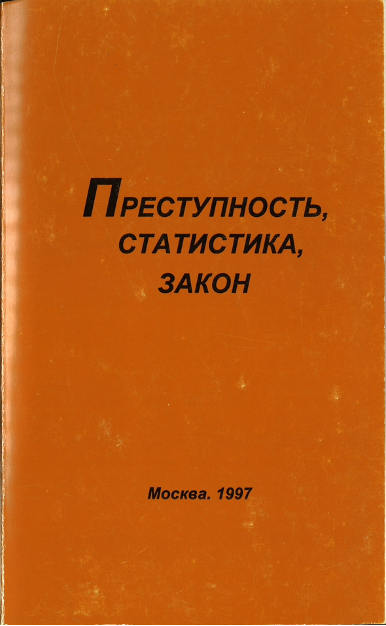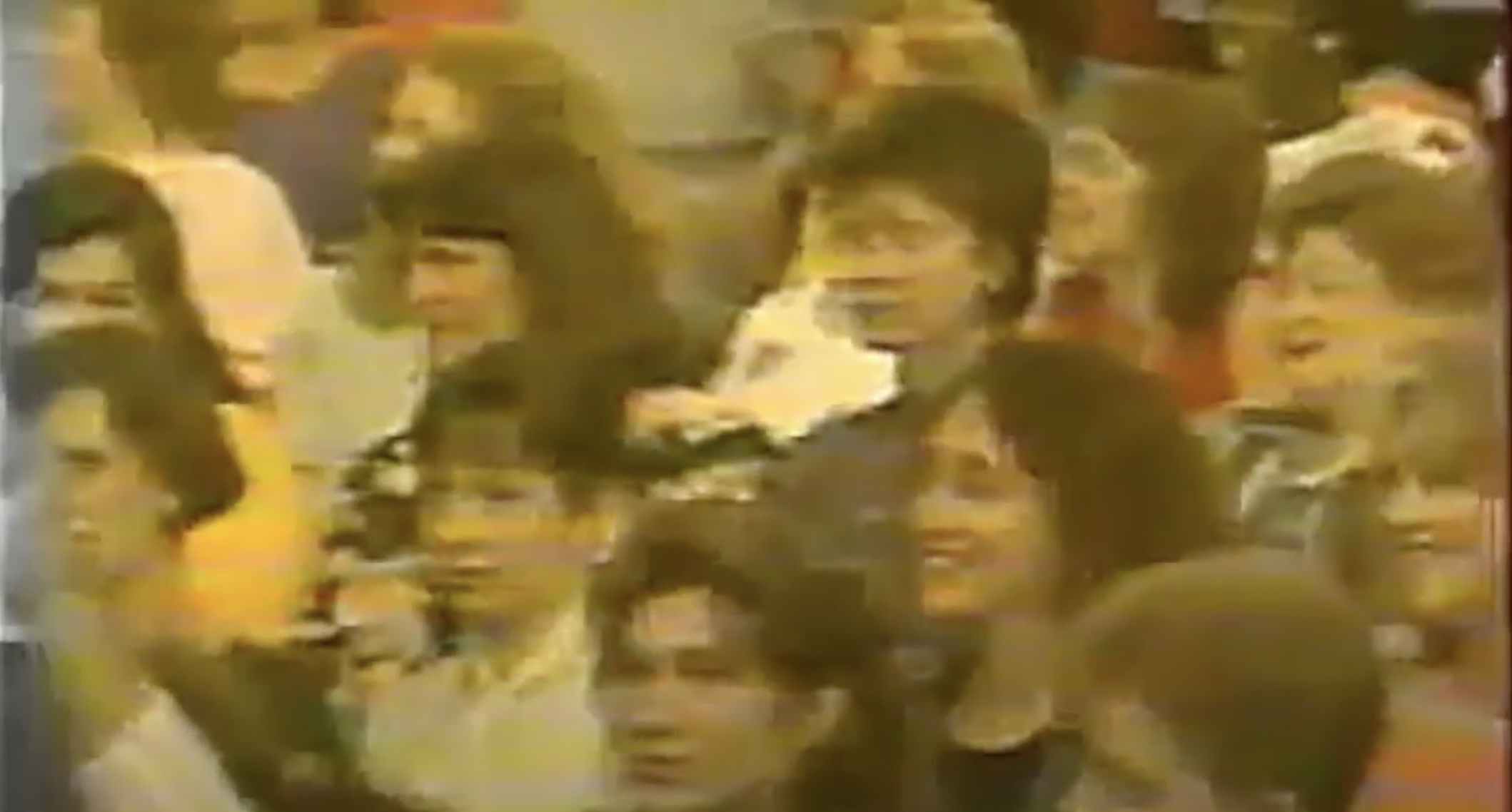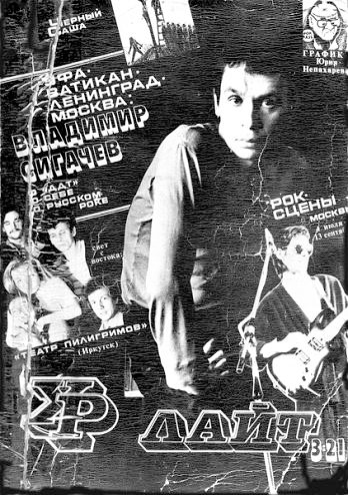Explore: Year » 1986
Russian Crime Statistics, 1980-1996
Nothing epitomized the everyday experience of the urban Russian 1990s like crime. As this first comprehensive statistical study of the 1990s demonstrates, crime was just as bad as everyone had anecdotally experienced. The numbers also reveal some unexpected trends.
AIDS: More Questions than Answers
A late-Soviet article, published in the mainstream paper Literaturnaia gazeta, on the topic of the ongoing AIDS epidemic.
“Dictatorship of Conscience”
A glasnost-era play by Mikhail Shatrov (1932-2010) that opened, without the cuts censors had previously requested, at the Lenin Komsomol Theater in Moscow in February 1986.
Perestroika-era Russian Women Speak to US Women
A clip from one of many perestroika-era televised conversations between American and Soviet "regular people," in which they find common ground with the help of longtime Soviet propagandist and future star of liberal post-Soviet TV, Vladimir Pozner (1934-).
Urlait Music Journal (Samizdat) 1985-1992 (Draft)
Moscow's samizdat music journal, which followed in the footsteps of Lenigrad's Roksi while forging a new journalistic style. The journal positioned itself to in many ways reject the Leningrad scene. Despite Moscow-based bands generally leaning towards a more avant-garde, art-rock aesthetic, Urlait made a point to promote so-called "national rock." According to Urlait's founder I. Smirnov, bands like DDT, DK, and Oblachnyi Krai (Yuri Loza) were said to be "oriented towards national problems, in opposition to estrada and the confluence of Western and domestic cultural traditions."
View Artifact
No preview available
Tusovka Music Journal (Samizdat) (Draft)
A central zine of the Siberian underground music community. One of Tusovka's central feats was duping the KGB into allowing the continuation of its publication and dissemination. Before the first issue went to print, the journal's founder Valerii Murzin took the bold step of delivering the pre-print manuscript of the journal to his local KGB office, in this way guaranteeing the publication's survival.
View Artifact




